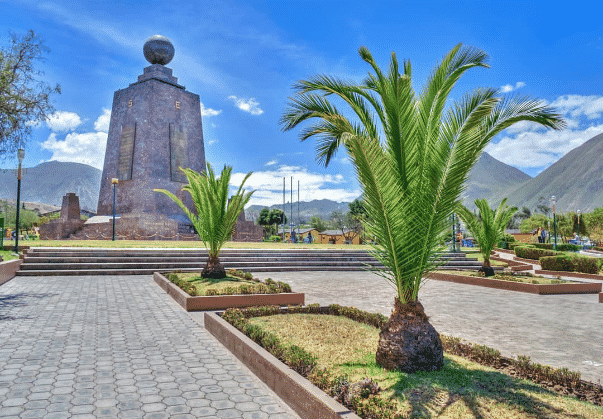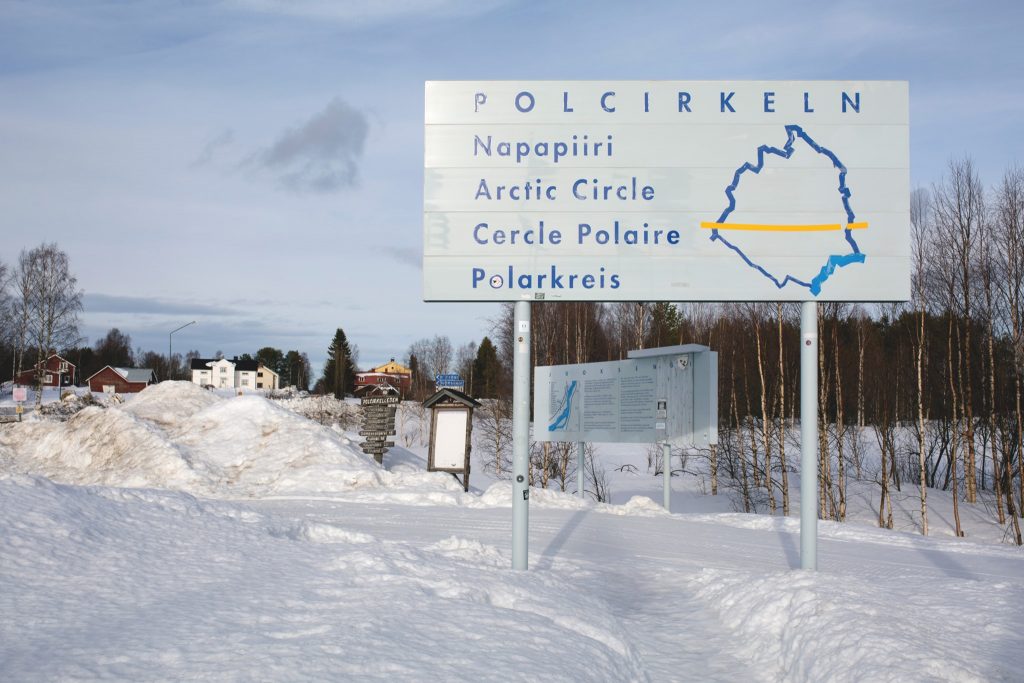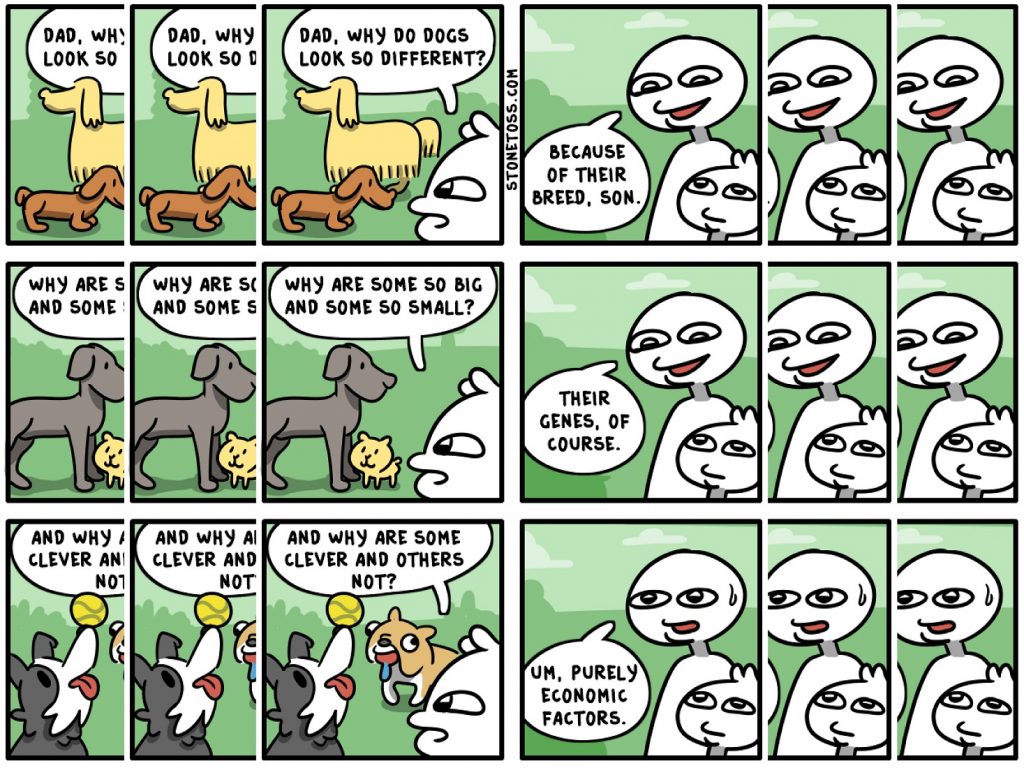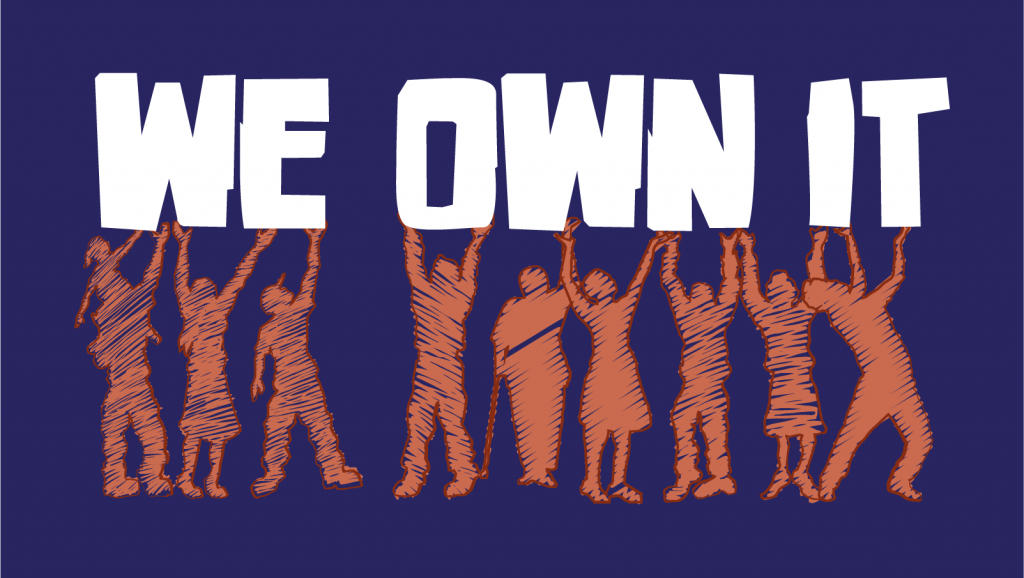
There are several components of the wealth of nations. As Adam Smith wrote, it’s primarily a function of natural resources, human resources and quality laws/leadership. Writing in the late 18th Century long before Darwin, Smith didn’t know about natural or sexual selection, much less genes and DNA. His conception of human resources was based around education, and missed out one crucial element.
The crucial missing element: genetic infrastructure. If education consists of those memetic qualities within that nation that lead to wealth and prosperity, genetic infrastructure consists of those genetic qualities within that nation that lead to wealth and prosperity. It is the value of having good DNA.
The primary component of genetic infrastructure is intelligence (or, more precisely, the presence of those genes that lead to high intelligence). Contrary to popular belief, intelligence is mostly hereditary in adults – indeed, as the linked paper states, “Intelligence is one of the most heritable behavioural traits”.
Intelligence is the most powerful predictor of several different social outcomes. It is the strongest predictor of lifetime educational achievement and of lifetime criminal convictions. It’s also the strongest predictor of future wealth. All other things being equal, a high-IQ person with an average education will earn more wealth during their lifetime than an average-IQ person with a high education.
Furthermore, intelligence is the single most powerful predictor of future wealth on the national level. Not even natural resources come close to intelligence when predicting future wealth, as evidenced by the wealth of high-intelligence, low-resource countries like Japan, Germany and England, and the poverty of low-intelligence, high-resource countries like Nigeria, the Congo and Brazil.
A nation’s genetic infrastructure, then, is mostly a matter of intelligence. Other factors include physical health and strength, the degree of inbreeding and whether the phenotype expressed by the genes is suited to the physical environment, but these are comparatively minor.
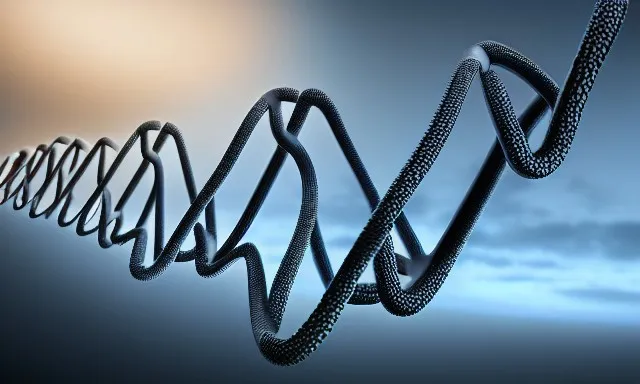
Because a nation’s fortunes are so closely tied to the quality of its genetic infrastructure, understanding the details of that infrastructure allows us to make accurate predictions about that nation’s fortunes. This is particularly relevant if we can also measure changes in that genetic infrastructure, whether ongoing or expected.
For instance, if low-IQ people are outbreeding high-IQ people in a given nation, thereby weakening that nation’s genetic infrastructure, we can predict that outcomes typical for low-IQ people will become typical for that nation. We can predict that poverty, ignorance, crime and violence will all increase as the genetic infrastructure deteriorates.
On the other hand, an influx of high-IQ people to an area will strengthen that area’s genetic infrastructure. As such, we can predict that outcomes typical for high-IQ people will become typical for that area. Most examples of European colonisation fit into this category – the colonisation of 65IQ Australian Aborigines by 100IQ mostly British settlers is probably the most notable.
Of course, the genetic basis of intelligence is one of the greatest taboo subjects in the West today. Even winning a Nobel Prize in Biology does not permit a person to suggest that evolution has created human subgroups of different intelligence levels, as James Watson discovered.
Consequently, many will deny the very concept of genetic infrastructure, particularly blank-slatists, globalists, open-borders capitalists, Marxists and other biology deniers.
The truth is hard for many to accept, but it’s revealed clearly in the scientific literature. Wealth is primarily a function of intelligence, and intelligence is primarily genetic. Therefore, wealth is primarily a function of those genes that facilitate intelligence. Those genes – plus a few other, much less important factors – are what is known as genetic infrastructure.
Nations with a high-quality genetic infrastructure can easily rebuild even after their physical infrastructure is destroyed, as Japan and Germany did after World War II. Nations with a low-quality genetic infrastructure will disintegrate into poverty even if they somehow achieve a high level of physical infrastructure, as Argentina did in the 20th Century and South Africa did after 1994.
*
If you enjoyed reading this essay/article, you can get a compilation of the Best VJMP Essays and Articles from 2021 from Amazon for Kindle or Amazon for CreateSpace (for international readers), or TradeMe (for Kiwis). Compilations of the Best VJMP Essays and Articles of 2020, the Best VJMP Essays and Articles of 2019, the Best VJMP Essays and Articles of 2018 and the Best VJMP Essays and Articles of 2017 are also available.
*
If you would like to support our work in other ways, subscribe to our SubscribeStar fund, or make a donation to our Paypal! Even better, buy any one of our books!

